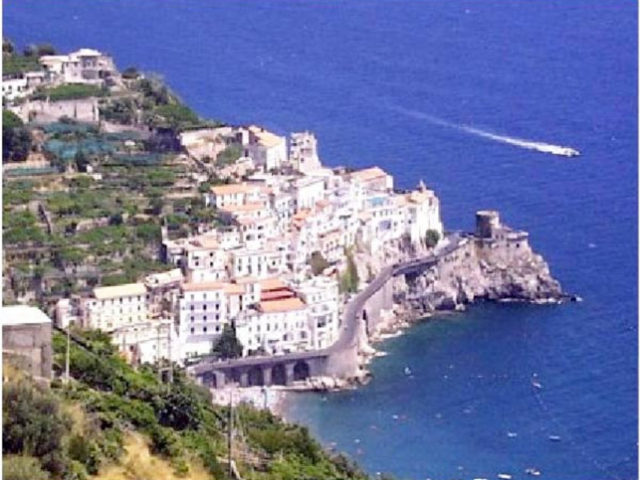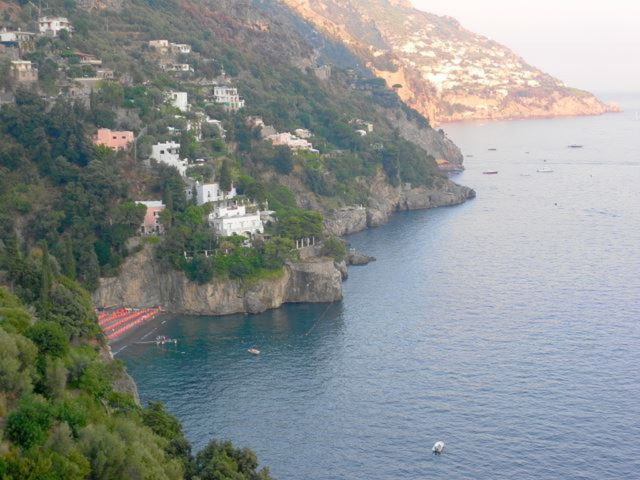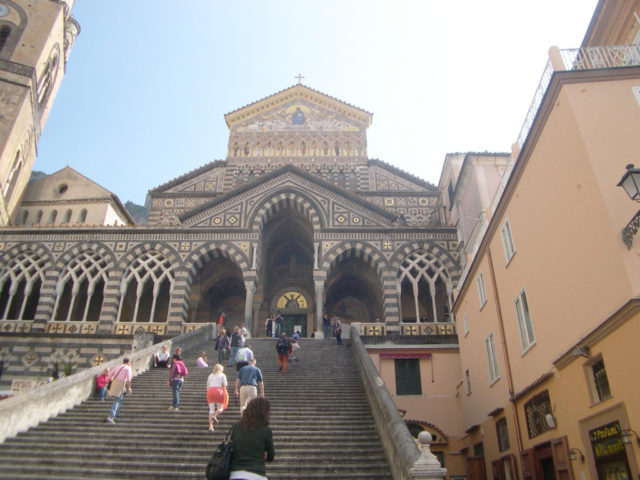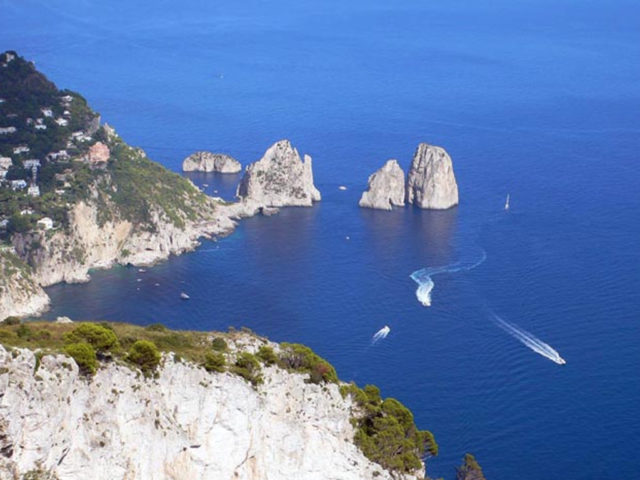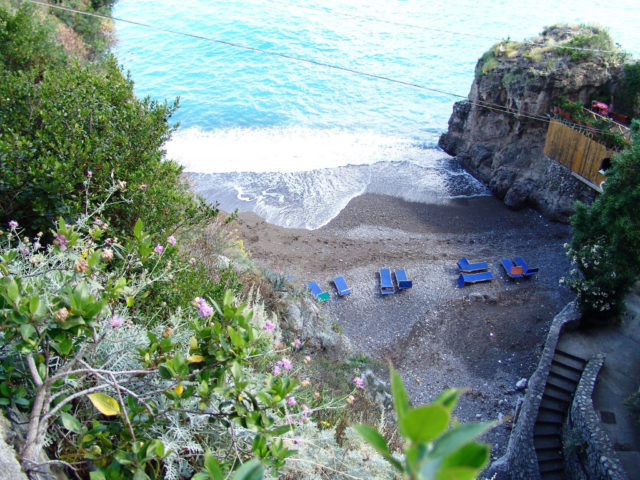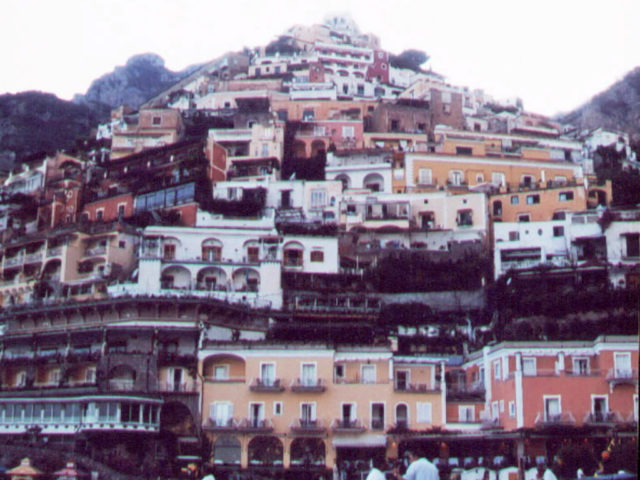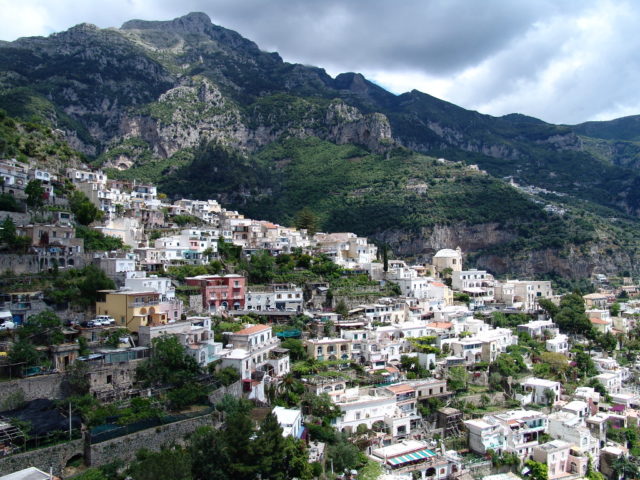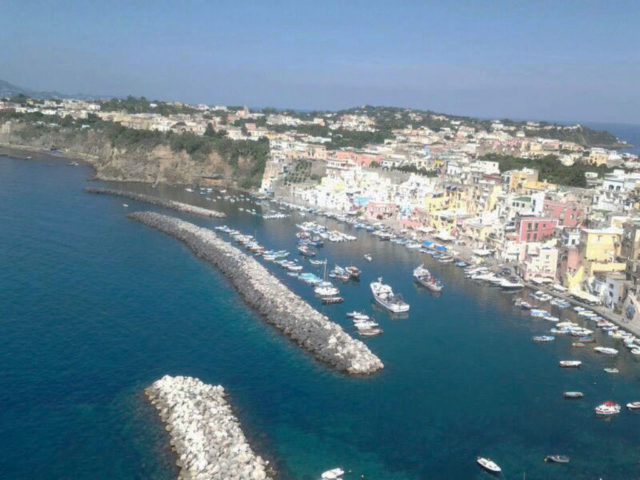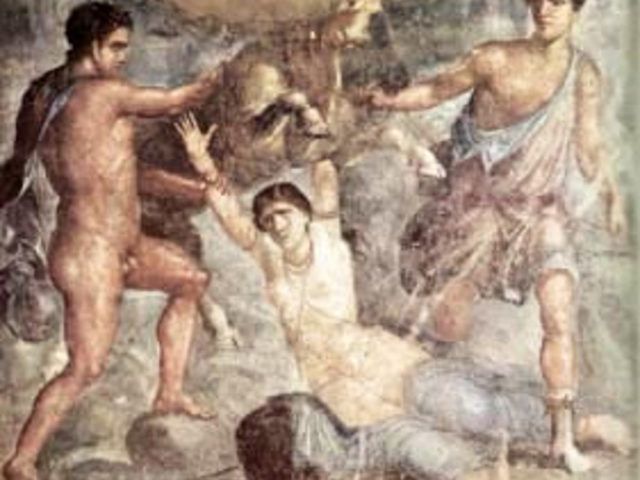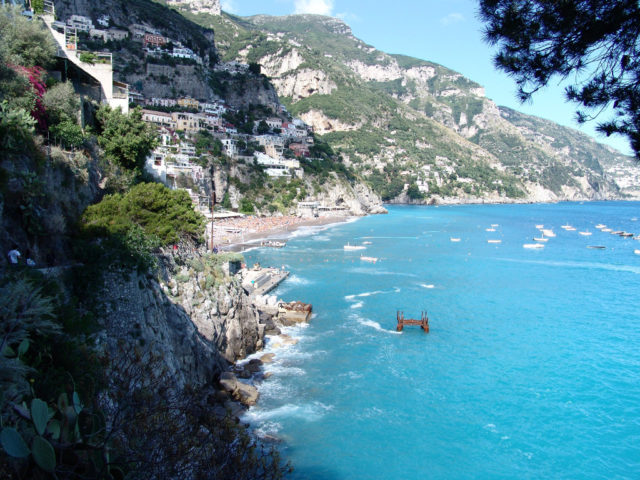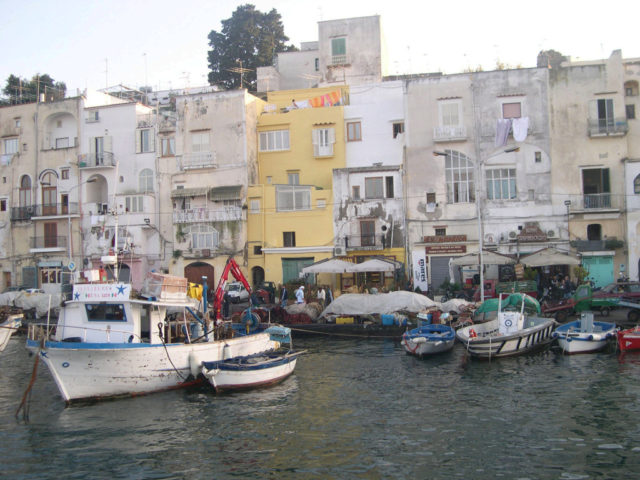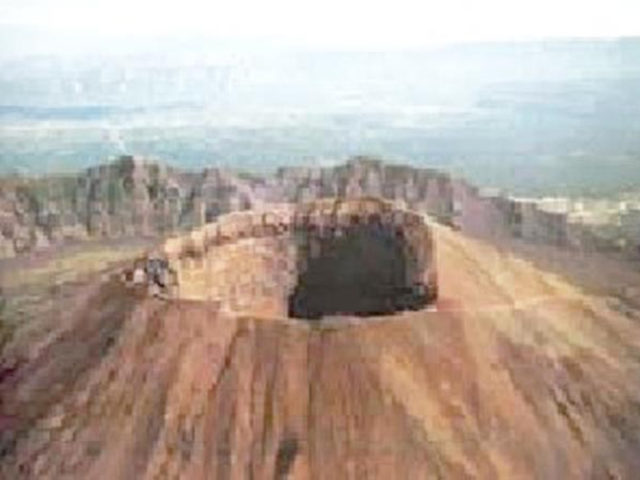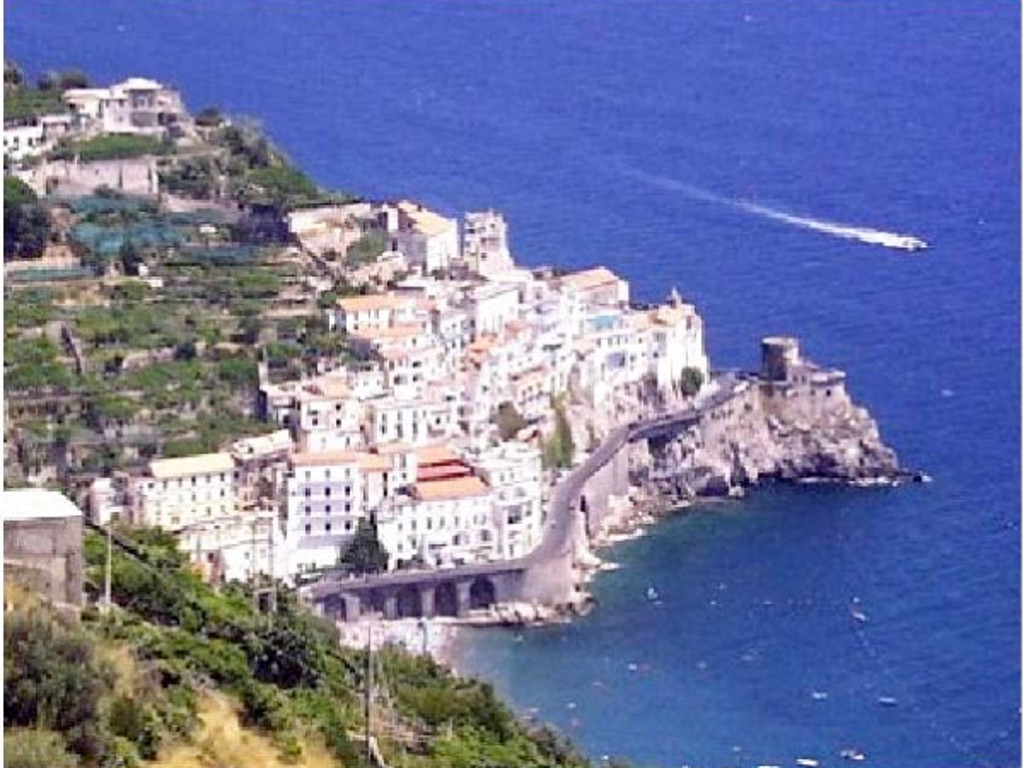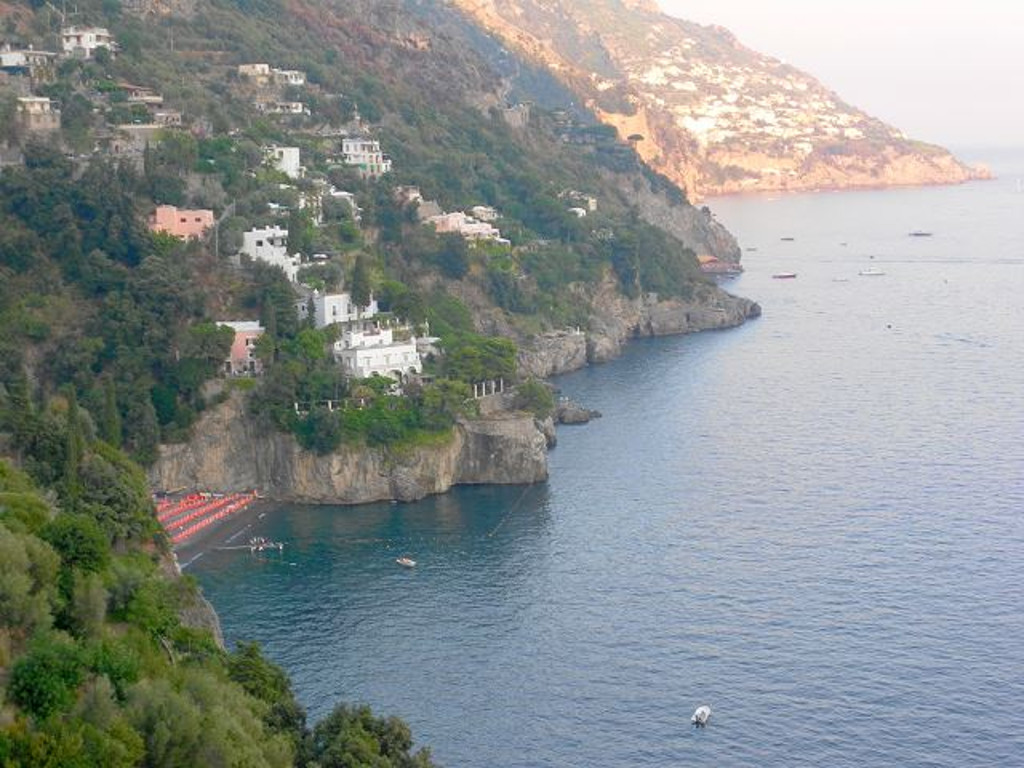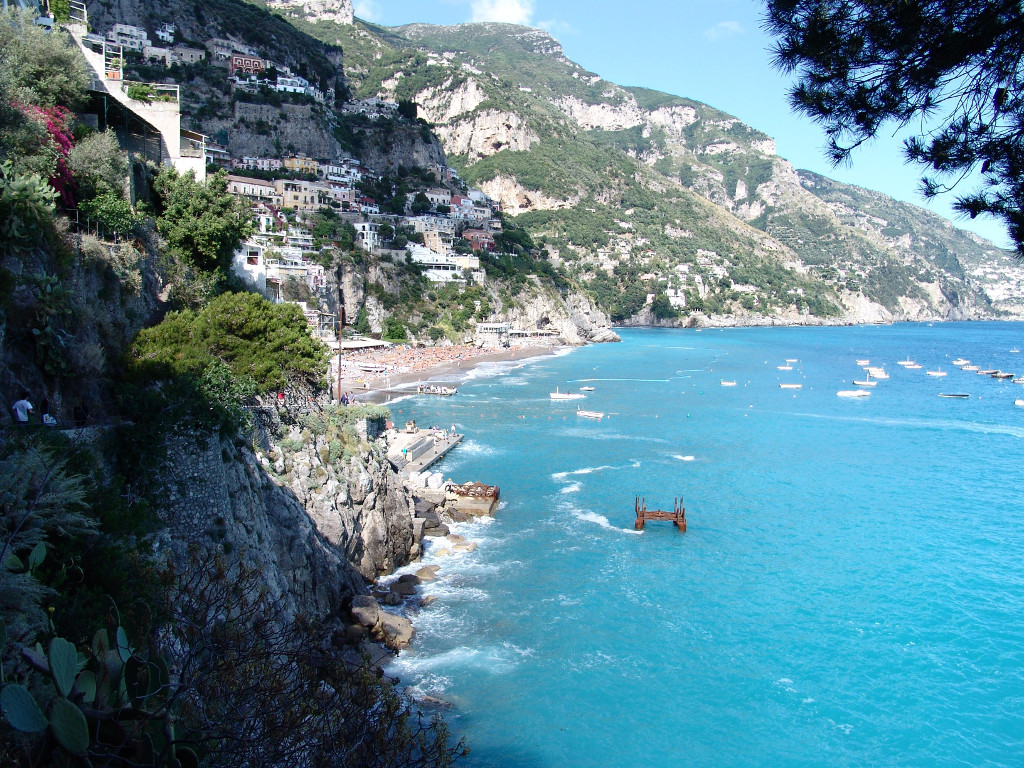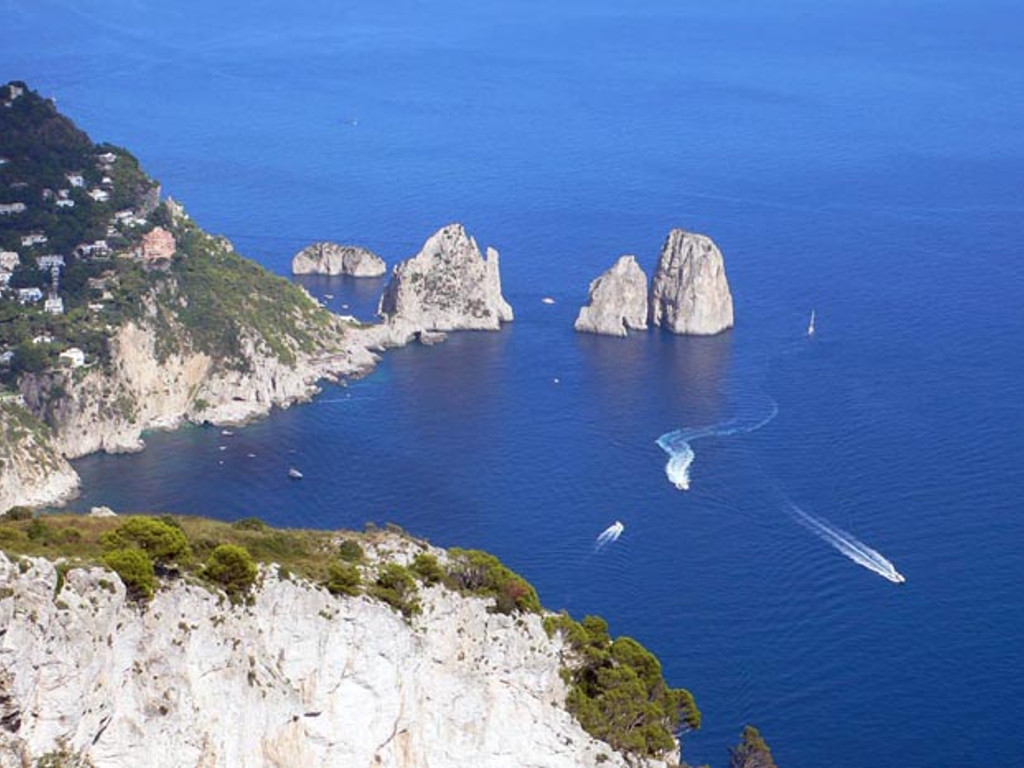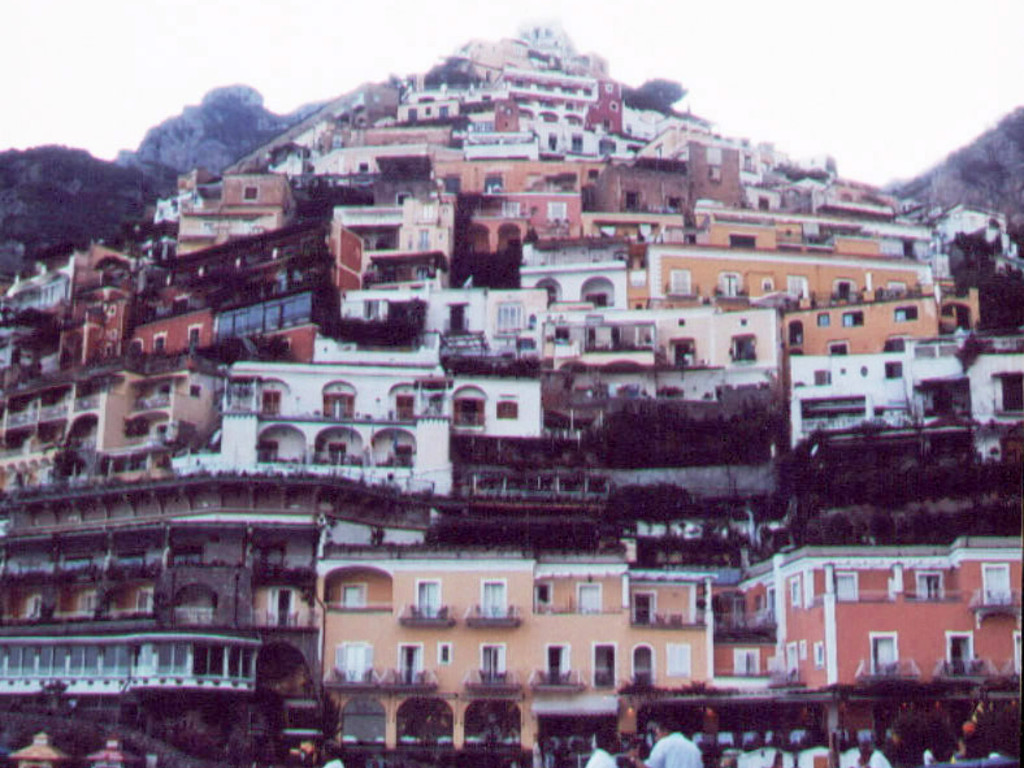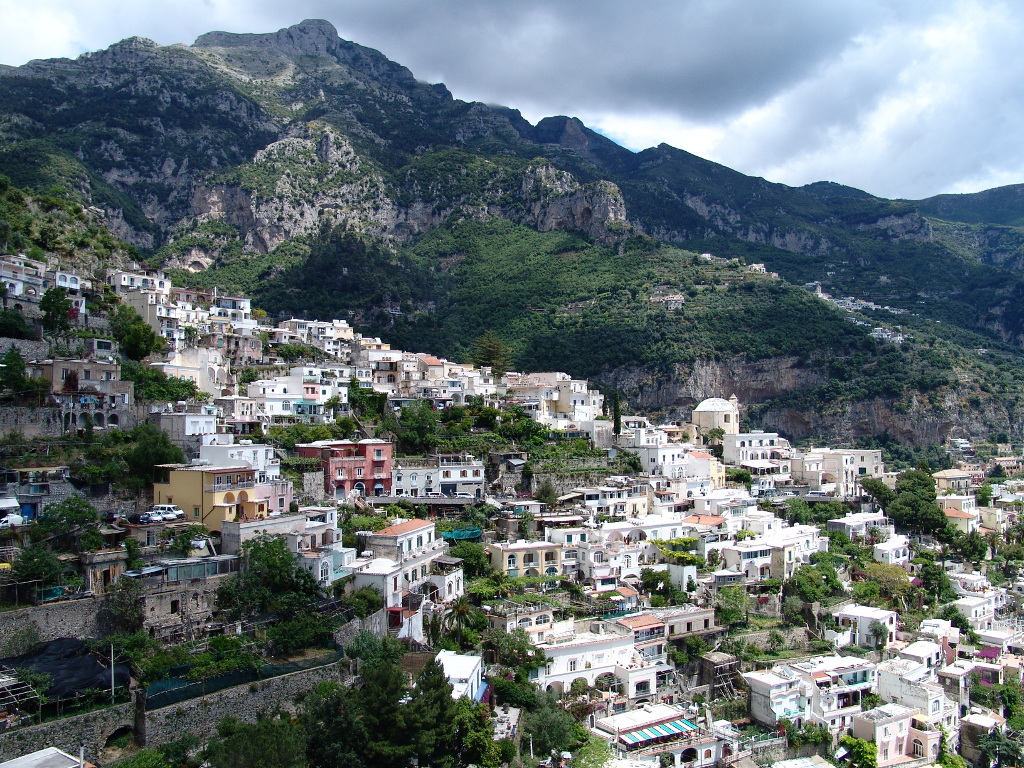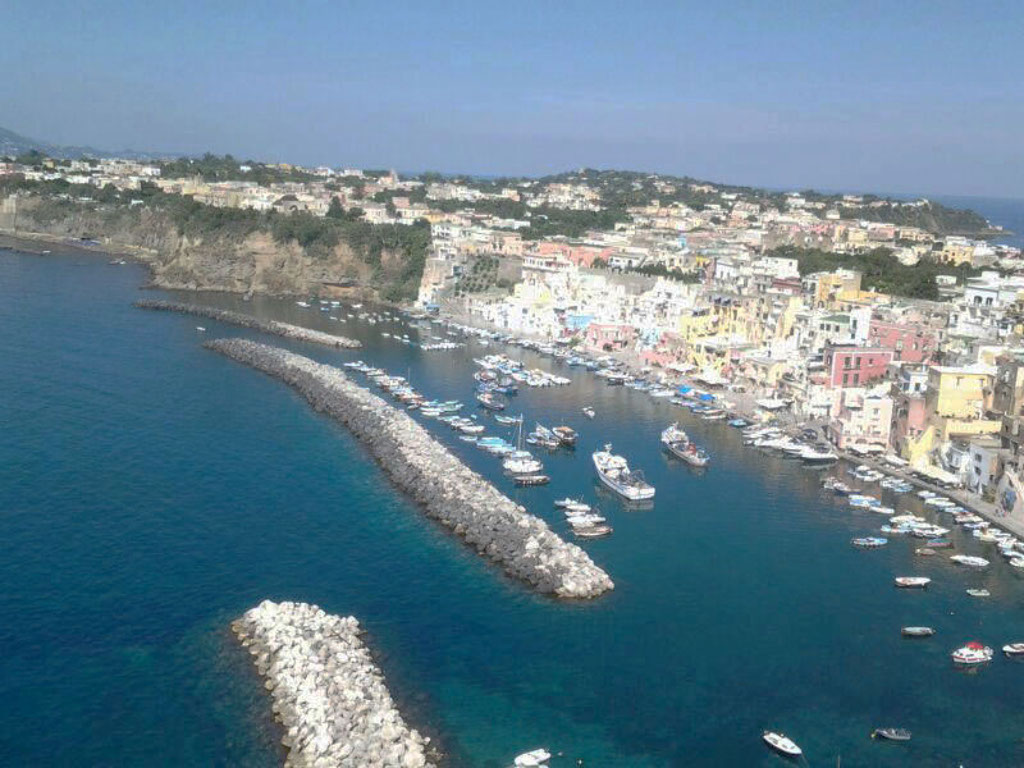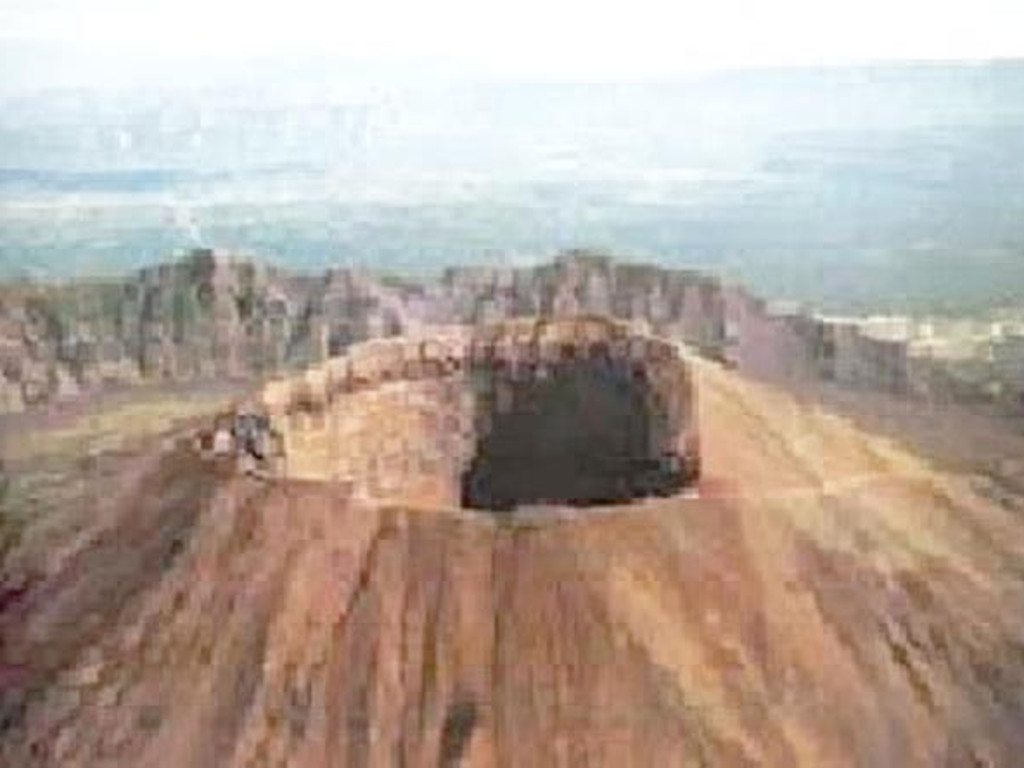Interior, exterior and panoramic view of the villa
Fantastic excursions among the countries of the sirens
Massa Lubrense
A wonderful place to spend the holidays, with an antique temple and an amphitheatre on green slopes that go down to Marina della Lobra, a picturesque tourist destination.
S. Agata dei Due Golfi
A place famous for its panoramic view of the Gulf of Naples and the Gulf of Salerno . The Desert, place of retreat for the Carmelitani monks, is another great tourist attraction famous for its great panoramic view. In addition, one of the most famous restaurants is set here.
Marina del Cantone
You can get here by road from St. Agata, which is 5km away. The road goes down towards the sea and runs alongside vineyards and citrus groves.
Positano
The splendid gorge in which Positano is set, can be reached from the ‘Nastro Azzurro’ (main road 163). On the road trip, you can admire a beautiful landscape. The roads have tight curves that follow the course of the mountain and wedge into the rocks. Along the last stretch you come to a panoramic viewpoint from which you can see the picturesque town. Positano consists of a group of white, pink and orange houses with spherical vaults that decline towards the sea, connected by alleys and narrow staircases. It is the only place in the world born on a vertical axis instead of on a horizontal one. Positano began to develop during the period of the Marine Republics and it became famous for its fleet. Hit by numerous Saracen raids, the decline began when the inhabitants began to leave during 18th century. It revived during our century thanks to tourists who brought back its fame and richness. It was an oasis for intellectuals and artists in the early 1900’s and this wonderful atmosphere remains today (Edoardo De Filippo, Zeffirelli, etc…) Positano is also known for its S.Pietro Hotel and its colourful gypsy summer clothes. Montepertuso, another characteristic town, is situated above Positano.
Costiera Amalfitana, property of humanity!
The wild and rocky Amalfi coast is full of sharp stones and pinnacles and declines towards the sea. Using these stones and pinnacles, the hand of man has for centuries obtained, the terracing upon which the people of Amalfi lie (they look like hang onto the cliffs) along with a series of terraces with olives, citrus and vineyards. The trip from Positano to Amalfi offers vast panoramas including a beautiful panorama of the island of Capri . One of the most characteristic fjords is set along the Amalfi Coast ,its name is “ Vallone di Praia”, a fjord that can be descended by following a path bored into the rock and arriving at a gracious little beach with a limpid and not yet contaminated sea.
Vettica di Praiano
Located 2.3 km from Positano, Vettica di Praiano is appreciated for the peace and tranquillity that it has to offer. It is a town with one of the mildest climates (like the rest of the Sorrento Peninsula). S. Gennaro Parish church is a typical tourist attraction with its tiled dome . From the square in which the church is set there is a spectacular view of Positano and of the” Faraglioni di Capri”.
Praiano
During the time of the Marine Republics , Praiano was chosen as the “Dogi” holiday location. Although it is famous for its production of citrus fruits, its economic prosperity is mainly due to tourism. There are many comfortable hotels and restaurants with pleasing familiar appearances. Houses are scattered irregularly along the steep slope that goes towards the sea and are overhung by a stretch of the main road that runs along the Amalfi Coast . In the town, which was built on rock, you can still see an ancient sighting tower.
Fiordo di Furore
One of the Amalfi coasts’ most attractive fjords is only about 1.4 km away from Positano. It was created by a torrent that was coming down from Agerola’s upland plateau. A little more upstream than the high viaduct that surpasses it, one can follow a small path that allows the descent of this interesting tortuous ravine by foot. Two hours of walking first brings you to the picturesque group of houses called St.Elia and then to the small town called Furore. Furore is the town from which the typical local wine ‘Gran Furore Divina Costiera’ comes from.
Conca dei Marini
Following the main road along the coast and then turning for Capo Conca dei Marini you get to this pleasant and picturesque town in which houses are set on a steep slope that goes from the upland plain of Agerola down to the sea. From the square in front of the S.Rosa convent, which is now a hotel, you can admire a vast panorama. In 1932, the” Grotta dello Smeraldo” ( Smeraldo Cave ), a cave that received its name because of the reflections created by the sun rays in the water, was discovered. The cave can be reached either directly from the main road or by using the convenient elevators. The visits fee are made to the cave on small boats as the external opening is underneath the level of the water.
Amalfi
Amalfi can be reached following the road that goes from Vietri to Positano, which was built in the 1800’s by Ferdinando di Borbone, King of Naples. It is one of the most ancient towns of the area (the earliest documents date back to the 8th century). During Costantinopoli’s dominion, it became strongly autonomous and this allowed it to furnish a flourishing fleet; It defeated the Saracens and became Queen of the Mediterranean . It was one of the most flourishing Seafaring Republics until the year 1137 when it was conquered by Pisa . It was in this town that the ‘Tavole Marittime’, the maritime laws, were drafted. A copy of these laws is kept at the Town Council. In 1623 in the town of Amalfi , Masaniello, a fisherman who led a popular revolt against the Spanish government, was born. The port has now almost disappeared because of the erosion of the coast, but Amalfi, for its great location between the mountains and the sea, remains one of the most typical panoramas of the coast. Unfortunately, very little is left of the ancient inhabited area because of the sea disasters; one in 1,013 and the other in 1,343. The first thing one notices when arriving at Amalfi is the colours: the red or green boats with blue and white stripes, the orange and pink flowers, the green gardens, the steep lanes. The city has always been a place to visit for famous artists, theatre actors and musicians (Boccaccio, Hugo, Wagner, D’Annunzio, Quasimodo, Ibsen) who in Amalfi all found the right inspiration for their work. Several of the numerous hotels were convents in the 13th century and still have their own cloisters, which can be visited. Another site to see is the Duomo (from the 11th century) with a yellow and green majolica -tiled bell tower ,then the ‘Chiostro del Paradiso/Paradise Cloister’ with exhibits of the roman and medieval era and the baroque fountain situated in the opposite square. Some roads in Amalfi are decorated with ceramic panels. Lastly, the Regata Storica or Historical Regatta, a parade of the traditional 10th-13th century costumes and the race between four boats which takes place at the beginning of June every year . These events are held in one of the four cities that were Seafaring Republics , in memory of the splendour of the ancient Seafaring Republics who always fought among themselves for the supremacy of the sea.
Atrani
The town opens up to the sea like an amphitheatre and houses are painted with light pastel colours. Stairs, on the contrary of roads or trails, connect the houses, the numerous gardens, the mountains and the sea.
Ravello
This is definitely the most elegant of all the towns on the Amalfi Coast . It has Arabic style architecture as well as artistic expressions. A Duomo that dates back to the year 1,086, rich in works of art, is set in the central Vescovado square (the only place with available parking). A beautiful panorama of Atrani, the Gulf or Salerno , the Paestum Plain and the Licosa land spit, can be seen from the viewpoint set on the most projecting rocky spur where Ravello is . Of the many beautiful sites that the town has to offer, there are numerous villas, known for their thousand coloured flowers. Villa Rufolo, an old Arab-Norman style villa, is today the Institute of Research and Restoration of Ancient City Centres.
Maiori, Minori e Vietri sul Mare
These towns surrounded by mountains just like an amphitheatre can be reached from Amalfi; the St.Nicola Castle , in Maiori, was built in 1468 to defend the population from pirate raids. Among the first houses in Minori, there is an ancient Roman Villa, which was built in the 1st century AC. Vietri sul Mare is just after Minori, 3 km from Salerno at the end of the Amalfi Coast . But this picture so rich in beauty and antiquity is not yet complete. The Islands of Capri, Ischia and Procida can easily be visited by departing from the ports of the Peninsula of Sorrento , Positano and Amalfi.
Capri
This is one of the most famous pearls of the Tyrrhenian Sea . It was once the residence of roman emperors including Tiberio and Augusto. Today, the so-called ‘piazzetta’ is a meeting point for artists and famous people from all over the world. From the top of Mount Solaro you can see the whole island, including its projecting rocks and the delightful vegetation that slopes down the deep blue sea. The” Grotta Azzurra” is a famous cave in Capri and the” Grotta Bianca”, which is set on the opposite side of the island, is another beautiful cave. The” Faraglioni” rocks, are in front of “ Marina Piccola”, behind the port . Capri , however, is also admired for its foreshortened views, for its people’s joy and for its peaceful life.
Ischia
Is the biggest island in the Gulf of Naples . It is famous for its Hot Springs , the” Castello Aragonese” and its 6 town councils:Ischia, Barano, Casamicciola, Forio, Lacco Ameno and Serrara Fontana.
Procida
Is a small pumice stoned island situated between Capo Miseno and Ischia . It is a very characteristic town of fishermen. When you think you’ve completed all the excursions, you’ll realise that you’re only at the beginning. Half way between Sorrento and Naples (that are about 30km away from each other), under the Vesuvio, famous volcano, which is a place of great interest, the Pompei and Ercolano excavations are set. These worldwide famous excavations attract an increasing number of tourists every year. In 62 BC there was a volcanic eruption that buried all the towns underneath the Vesuvio, that were famous places where all the Roman and Greek civilisations were flourished during the entire millennium before Christ. An uncountable number of tombs, temples, theatres, houses (the Vettii house is a famous one), villas (the “ villa dei Misteri” is well known), arches, hot springs and sculptures can be found. The rapidity of the eruption took the inhabitants by surprise and nowadays the human figures turned to stone by lava are tourist attractions. It ‘s hard to convey the emotion that a visit to these excavations can give: you have to experience it yourself!
Photos around Naples
Multimedia Content
Watch the Videos
Watch the Photo
Various Files

